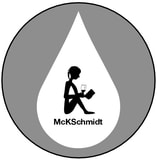|
Inspired, in part, by Dan Egan’s recent book, The Death and Life of the Great Lakes, I find myself asking, are the decisions being made about our lakes good enough? Good enough to protect our quality of life, our drinking water, the many economies depending on a healthy ecosystem? Good enough to pass on to future generations?
What do you think? While the 1972 Clean Water Act addressed the pollution caused from manufacturing pipes dumping chemicals and waste directly into our waterways, it did not address agricultural runoff fueling the increasing growth of algae in the Great Lakes and contaminated groundwater in rural communities. Known “best demonstrated agricultural practices” that would reduce the high nutrient loads in the water are voluntary. Is that okay? The plan created by the Army Corp to stop the Asian Carp from entering Lake Michigan will not be in place until 2025—and that depends on continued funding. Even so, this new approach—implemented only at the Brandon Road Lock and Dam—does not guarantee the Asian Carp will be stopped. Nor does the plan address the other 9 aquatic invasive species approaching Lake Michigan, nor the 39 invasive species flowing the opposite direction into the Mississippi River. Is that okay? An increasing number of people no longer trust the safety of their drinking water because of the discovery of lead, PFAS, pharmaceuticals, high nutrient levels, and other contaminants in their tap water. Is that okay? Ocean freighters will not be required to cleanse ballast water until after 2021. Even then, the guidelines do not address the passage of invasive microscopic organisms into the waters of the Great Lakes. Is that okay? Efforts to clean up the damage caused by the manufacturing era of the 1900s, including the 43 most toxic waterways and harbors in the Great Lakes (called Areas of Concern) identified by Canada and the U.S. in the Water Quality Agreement of 1987, are a line-item expense on the Congressional budget that must be negotiated and passed every year. Is that okay? The increasing frequency and intensity of storms in the region caused, in part, by climate change are overwhelming antiquated sewage systems that combine storm water runoff with sewage. The overflows result in millions of gallons of raw sewage spilling into the Great Lakes each year. Is that okay? Despite campaign rhetoric to the contrary, the majority of Congressional leaders and Michigan legislators representing the western coast of Michigan scored significantly less than 50% on the League of Conservation Voters’ scorecard of 2017 that tracks voting records on legislation affecting the health of the Great Lakes, safe drinking water, pollution-free energy options, the protection of public parks and land, fair elections, and good government. Is that okay? If any of these things are NOT OKAY, you can effect change. Vote Tuesday on behalf of the Great Lakes and the drinking water of your community—as if their health depends on you. It does.
4 Comments
Eric Stemle
11/4/2018 03:07:49 pm
Mary, I look at those dates. 2021. 2025. They seem so far away when every day counts, and yet we are two days from a day that just might take us closer to helping the lakes. A Chinese proverb says, "The best time to plant a tree is twenty years ago. The second best time is today." Time to plant on Tuesday!
Reply
Karen DeSmet
11/4/2018 03:29:28 pm
Thank you Mary for sharing the information that you uncover. I had been wondering about the increased duckweed that I noticed this year here in Grand Haven's channel. I mistakenly associated duckweed with stagnancy, so I learned something today from your blog. I also thought the Asian Carp were already being handled. Wrongo. Roarrrr!
Reply
Molly Laflin
11/4/2018 04:13:26 pm
I love the question approach. Makes me think. Engages me. The above comments were excellent also - especially the Chinese proverb. I’ve done all I can to influence the election, but regardless of the outcome, we will need to continue to promote clean water.
Reply
Mary Ellen Miller
11/5/2018 10:25:34 am
Thanks for your tireless efforts and advocacy for our precious water, Mary. We appreciate your perseverance.
Reply
Leave a Reply. |
From briefcase to pen, paper and camera, one woman's journey to influence
how we care for the environment, our seniors, each other. Available
from your local bookstore or online retailer 
The Ideal Gift Tiny Treasures, a collection of wildflower photographs and poetic prose, available by contacting me. The 2nd Edition of Tiny Treasures is designed for use on PCs, tablets, and phones and is available at online stores. To learn more, click on the Ibook/Ebook button below:
|
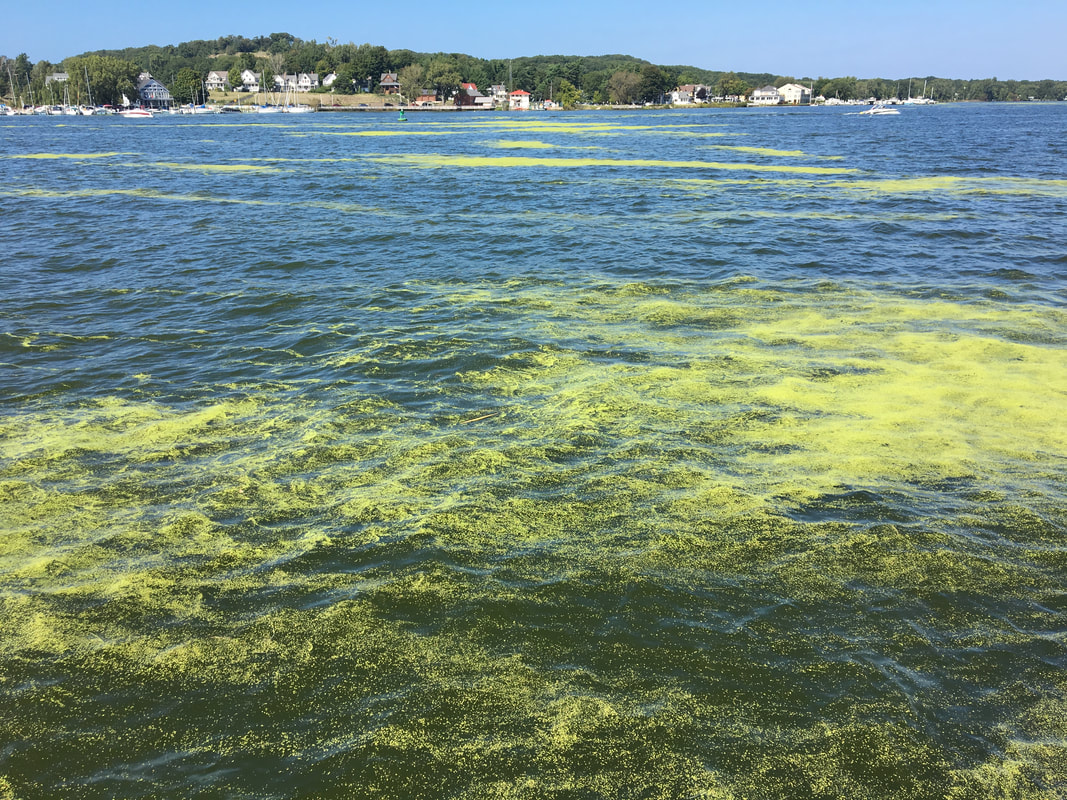
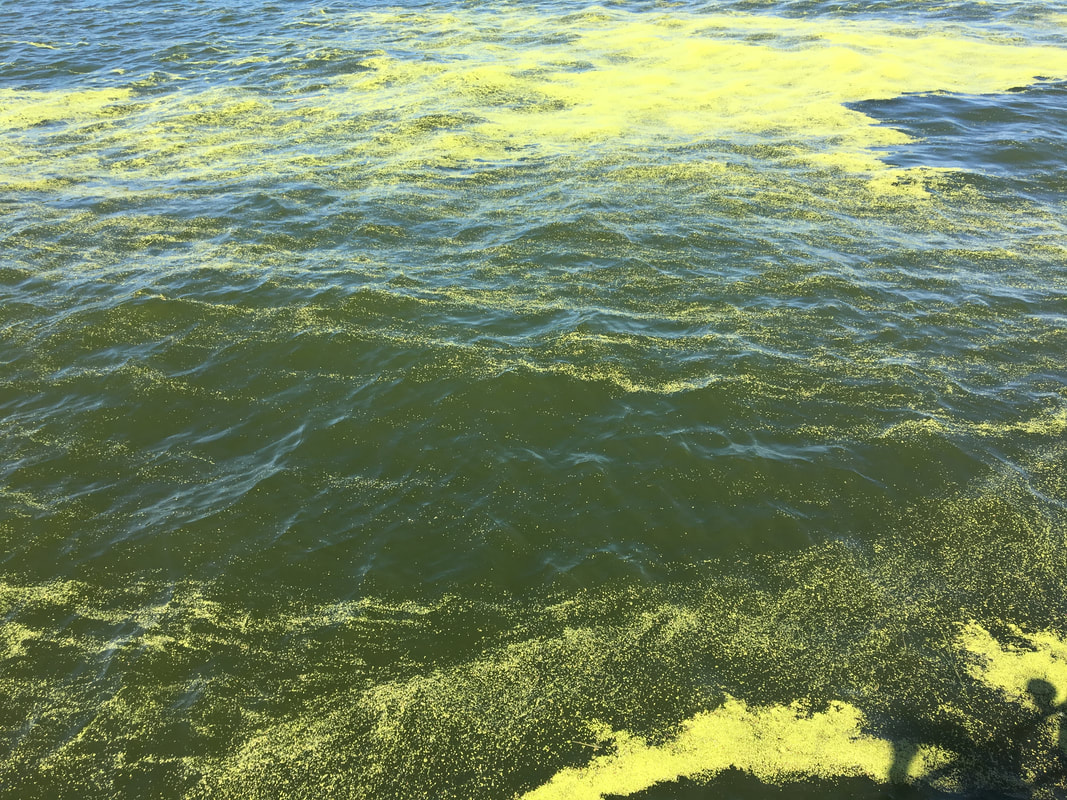
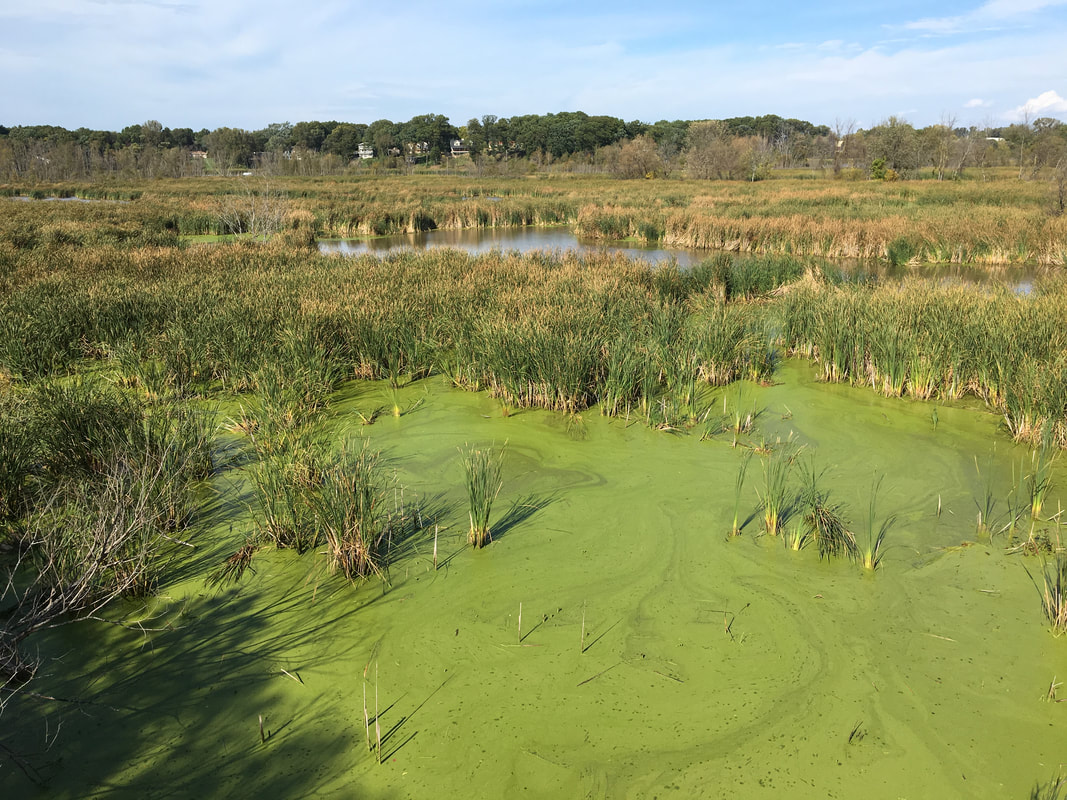
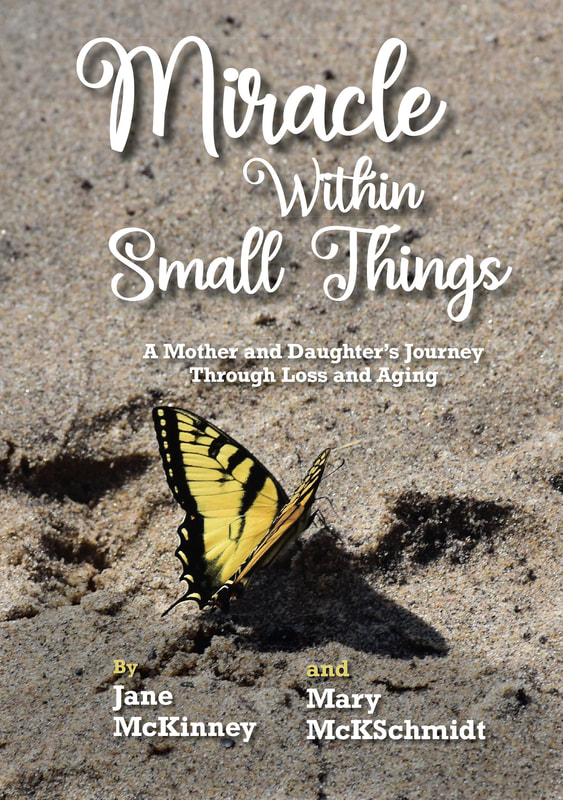
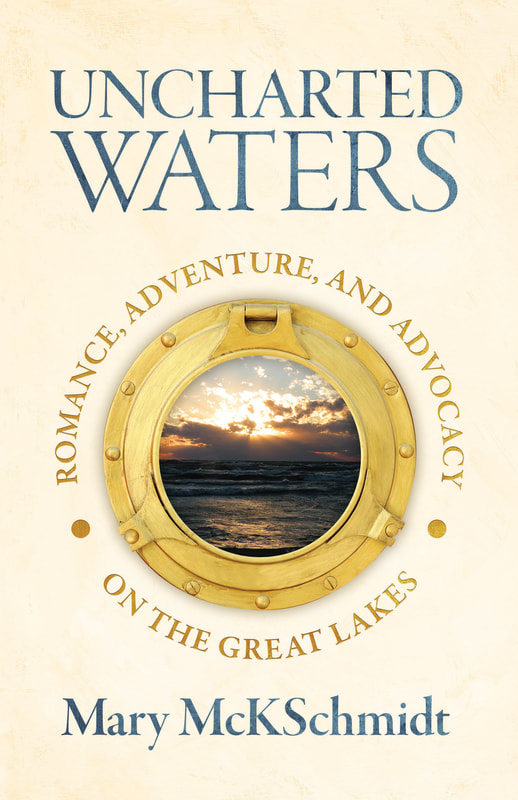

 RSS Feed
RSS Feed
